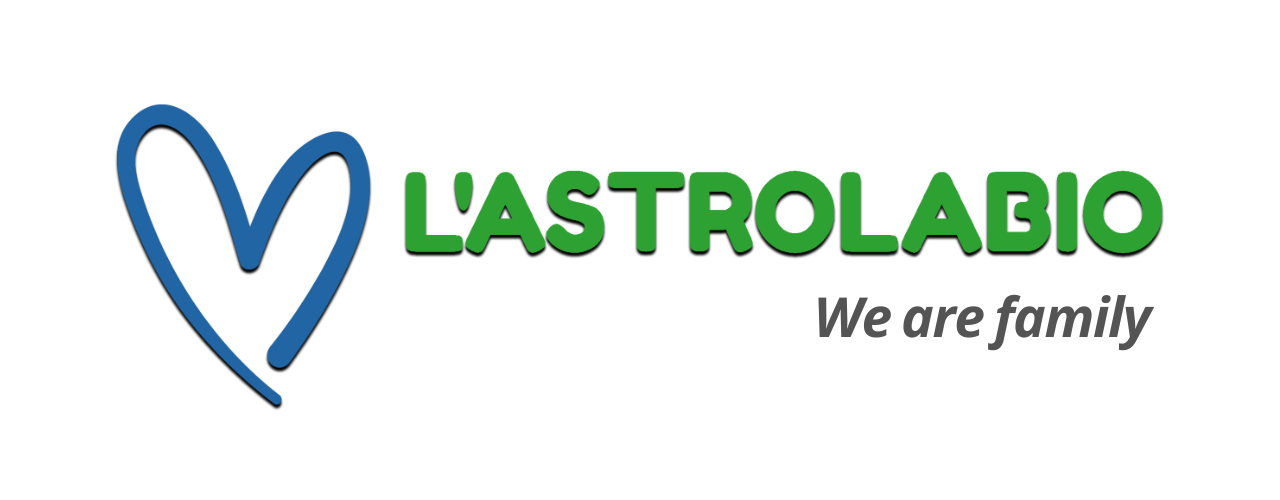What Does It Mean to Be a Young European Today? Gen Z is reshaping what it means to belong and to thrive in Europe.
Picture this: you’re in a square in Berlin, sipping a perfectly made Italian espresso, texting your friends—some in Paris, others in Kraków and Barcelona. This isn’t a fantasy. It’s a normal day in the Europe of 2025.
A place where cultures, languages, and experiences mix more than ever. But if you’re part of Gen Z or a Millennial, what does being “European” actually mean?

It’s not just about where you live or which passport you hold. Europe today goes beyond the borders of the European Union. It’s an idea, a feeling, and a way of life. And it’s evolving fast—especially for young people.
Let’s look at how you’re helping to shape this new European identity.
Indice dei contenuti
Europe through the eyes of Gen Z
If you are Generation Z, born in the late 90s or early 2000s, you’ve probably grown up with the EU already well-established. So, you don’t just think of Europe as a continent—it’s more like an open space where possibilities stretch out in all directions.
Social media, cheap flights, exchange programs like Erasmus—they’ve all made it easier to feel part of something bigger. You’re connected to other Europeans in a way your parents never were.

At the same time, you’re not blind to what’s going on. Climate change, rising inequalities, housing shortages—you’re paying attention. And you care.
One of the most interesting things is how you balance your national identity with your European one. You might feel just as French or Italian or German as you do European. And that’s not a contradiction—it’s something that adds value. It makes you feel like you belong to more than one world.
Opportunities and Realities
What Works
Being young in Europe right now is like holding an open-ended ticket. You’ve got options. A lot of them.
You can study languages from an early age. School trips abroad, summer language courses, cultural exchanges—those are now totally normal. Even before you finish high school, you might already have a few stamps in your passport.

Then there’s Erasmus. It’s not just for university students. Some high school students now take part, too. These experiences aren’t just for fun. They help you build confidence, see how others live, and prepare you for whatever’s next.
You can also get involved through volunteer projects, student competitions, or even creative challenges organised by the EU. These let you test out what “being European” really feels like. And they often lead to bigger things.
Plenty of students who travel during school years go on to find work abroad. That first exchange might be what inspires a long-term plan to study or live in another country later on.
What Doesn’t
But it’s not all smooth sailing.
Youth unemployment is still a serious problem in parts of Europe. In places like Greece, Spain—and yes, parts of Italy too—it’s not unusual for over 30% of young people to be without work. Many of you have degrees but can’t find a job that fits. You’re stuck settling for something way below your skills, or waiting far longer than you expected to even get started.
And sure, you can move for work—but living in a major city comes with its own challenges.

Finding an affordable place in cities like Paris, Amsterdam, or Dublin is becoming almost impossible. Rent can eat up most of your paycheque, and that forces some of you to stay at home longer or delay moving out entirely.
There’s also a clear divide between regions. If you’re from Stockholm, your opportunities might look very different from someone growing up in Naples or Belgrade. That gap still matters. And you feel it.
Then there’s the identity question.
How do you juggle being Italian, European, and global—all at once? Sometimes that’s exciting. Sometimes it’s confusing. But overall, your generation seems determined to make sense of it, and even turn it into something powerful.
Europe is a mosaic of cultures
So what does it actually feel like to be European?
For a lot of young people, it’s about embracing difference. You’re used to hearing multiple languages, discovering new perspectives, and being open to new ways of doing things.
And social media makes that easier than ever.

Instagram, TikTok, and X (formerly Twitter) have created a kind of shared youth culture across the continent. You laugh at the same memes, follow the same trends, and worry about many of the same issues. It creates a kind of European rhythm that lives right alongside your local traditions.
This doesn’t mean your national or regional roots disappear. Far from it. Most of you describe your identity as layered—being European adds to who you are, it doesn’t replace it.
Europe Doesn’t Stop at the EU
When we talk about Europe, we’re not only talking about the European Union.
Countries like Switzerland, Norway, and the UK are still very much part of the European story, even if the politics look different.
Take the UK. Even after Brexit, many young Brits still feel European. They’ve kept their friendships, their music tastes, their relationships with the rest of the continent. That connection didn’t vanish with one political decision.
And in countries that hope to join the EU—especially across the Balkans—many young people already see themselves as European in mindset. For them, Europe stands for opportunity, fairness, and a better future.
The future of Europe: What’s next?
Movements like Fridays for Future show what that looks like in action. Young people aren’t waiting to be told what to do. You’re showing up, speaking out, and calling for change that works across borders.
You’re not just thinking locally. You’re asking real questions about Europe’s role in the world—on climate, human rights, and innovation.

And European institutions are starting to notice.
Since the 2022 European Year of Youth, more projects have been set up to make sure your voice is part of the conversation. That means more seats at the table, more direct engagement, and more focus on your ideas.
Europe is what you make of it
Here’s the thing: the future of Europe will be built by you.
There’s a kind of cautious optimism among many young Europeans right now. Not because everything is perfect. But because you believe in what this place could become.

Being young in Europe means you’re surrounded by chances to grow, connect, and act. You’re part of a patchwork of cultures that works best when it listens to every voice.
And no matter where you come from, your perspective matters.
You’re not just part of Europe. You’re helping define what it means to be European in the 21st century.




